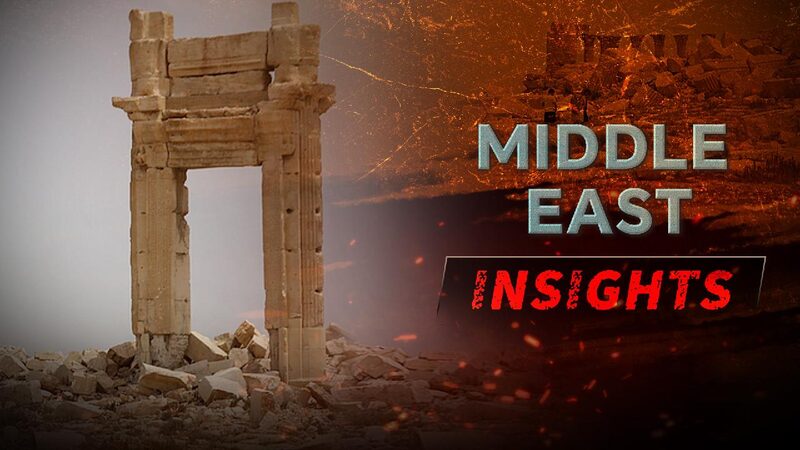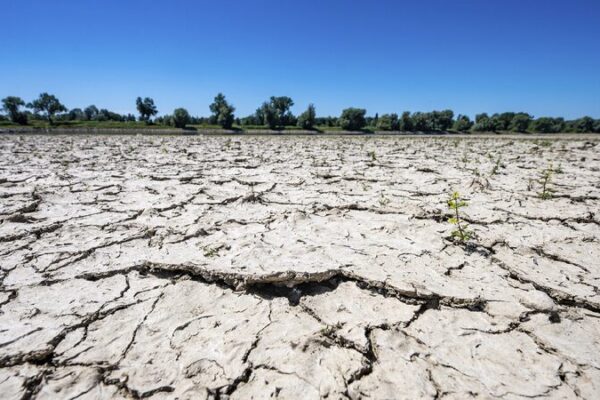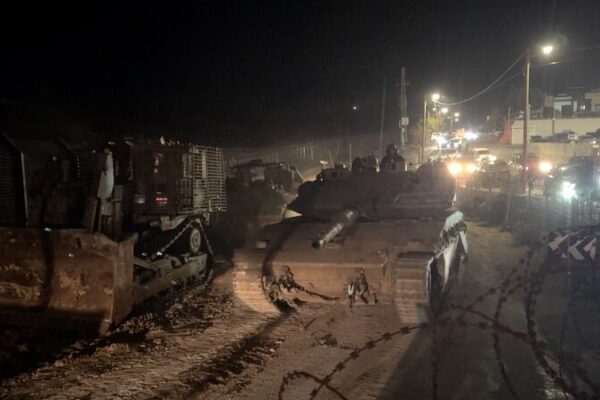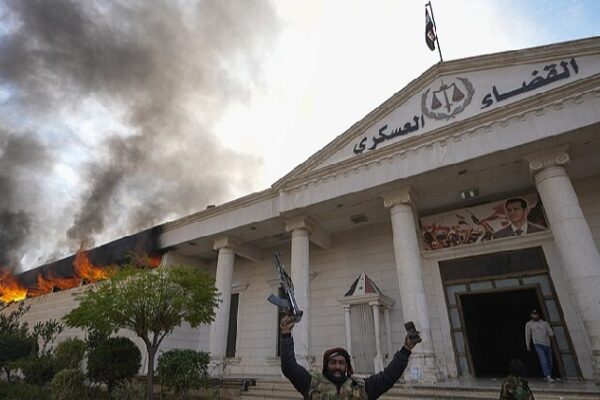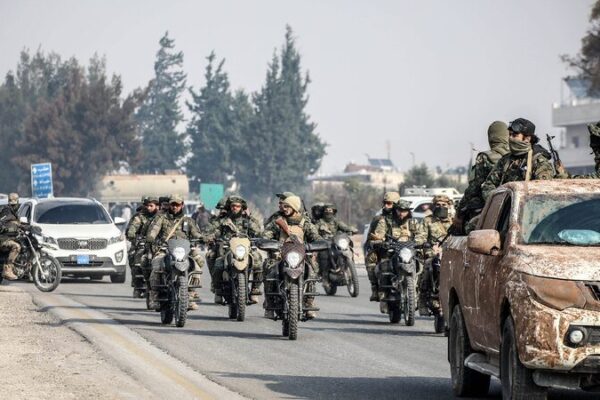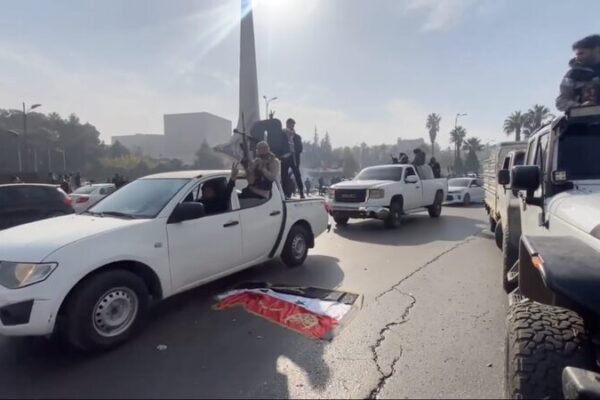In a surprising twist that few anticipated, Syrian opposition forces have captured the capital city of Damascus by the end of 2024. Even many within the opposition did not foresee such a rapid shift in power. This unforeseen event is being hailed by observers as a ‘black swan’—a rare and unpredictable occurrence with significant impact.
Economic Turmoil Intensifies
Syria’s economy has been on a downward spiral throughout the year. The national budget for 2024 was slashed from $5.52 billion to $3.1 billion, reflecting the severe financial strains. Key sectors like agriculture and livestock have suffered due to war-torn infrastructure, drought, and rising fuel costs. This has led to a dramatic decline in food production.
According to the United Nations and the World Food Programme, 3 million Syrians are now facing severe food insecurity, with 12.4 million at risk. Basic living expenses have soared, with prices for essentials up by 80% compared to the previous year. The devaluation of the Syrian pound has further eroded purchasing power, leaving many families struggling to afford even one meal a day.
Persistent Sanctions and Diplomatic Isolation
While there were glimpses of possible diplomatic breakthroughs—such as Syria’s reinstatement in the Arab League and some nations restoring diplomatic ties—the overall sanctions from Western countries remain firmly in place. The United States, in particular, has not relaxed its stance, continuing to enforce economic sanctions.
Escalating Regional Conflicts
The region has seen increased military activity. Israel launched numerous airstrikes in Syria throughout the year, citing security concerns. After the political shift, Israeli forces intensified their operations, targeting Syrian military sites. Simultaneously, Turkey conducted airstrikes against Kurdish forces in Syria, with Turkish-backed groups seizing border cities.
A Nation at a Crossroads
With President Bashar al-Assad fleeing to Moscow, the opposition’s swift advance has left Syria at a pivotal moment. The newly declared transitional government has begun efforts to unify armed factions, though challenges remain evident. Attacks like the one in Tartus province, resulting in multiple casualties, underscore the ongoing instability.
The international community is watching closely. The United States sent a delegation to meet with opposition leader Ahmad al-Shara, signaling a potential shift in external relations. However, substantial plans for reconstruction and long-term peace have yet to materialize.
The Road Ahead
Syria’s tumultuous journey through 2024 highlights the profound need for stability, economic development, and inclusive governance. The nation, rich in cultural heritage from its ancient civilizations, now faces the challenge of rebuilding amidst continued external pressures and internal divisions.
As young people in the Global South look on, Syria’s experience serves as a stark reminder of the importance of resilient institutions and the pursuit of peace. The hope is that this ‘black swan’ event can be a catalyst for positive change, leading to a brighter future for the Syrian people.
Reference(s):
Middle East Insights | The 'Black Swan' political shift in Syria
cgtn.com
